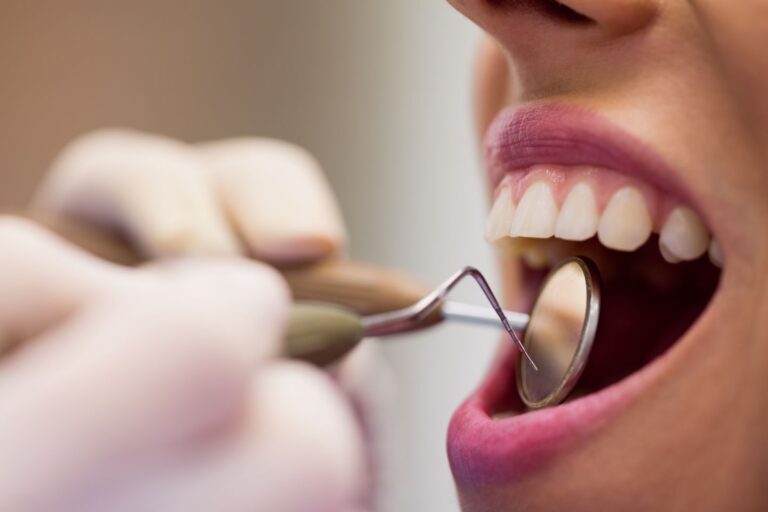Striking a Balance Between Teeth Whitening and Oral Health

Bleaching teeth is nothing new
Individuals who look in the mirror only to see a lacklustre or dull smile and others with aesthetic worries which affect their self-assurance may find that teeth-whitening offers a positive way to address their concerns. They are not alone: throughout history, many cultures, including the Chinese and the Romans, have shown a long-standing fascination with achieving whiter teeth. However, in the long run, your oral health is even more important than visually appealing, pearly-white teeth, and here it is necessary to strike the appropriate balance.
Making better choices to protect your teeth
If have taken the trouble to acquire whiter teeth, it’s essential that you maintain the progress you’ve made so that other flaws won’t let you down. If your mouth displays chipped or broken teeth, discoloured enamel, or gaps between your teeth (diastema), your smile will be diminished so, to avoid this, you need to be mindful of your overall oral health.
One good dental habit is to introduce dietary changes. For example, many Brits are in the habit of consuming multiple glasses of cola-flavoured carbonated drinks on a daily basis. Products containing cola have been linked to tooth discolouration because of the artificial chemical colouring they contain. However, it’s not just this! With their high sugar content, aspartame (sugar alternative) and caffeine, cola drinks can produce multiple adverse effects on human teeth, potentially resulting in tooth decay. Eliminating such drinks from your diet can have a positive impact on your overall dental health.
Nutrition and oral health
Proper management of both diet and nutrition will yield major benefits in oral health, as they influence the occurrence and progression of various oral diseases and conditions including caries, periodontal disease, and erosion. Though related, they are not the same thing. Diet refers to the particular foods that you choose to eat, which may be for a variety of reasons. Nutrition is concerned with what’s in the food: vitamins and minerals (micronutrients) and substances such as carbohydrates, protein, and fat (macronutrients), and how they relate to the body’s needs.
The links between food / nutrition and oral health go both ways. It is fairly obvious that not being able to eat well (poor diet) will make it harder to keep your teeth healthy. Meanwhile, a study that looked at the link between what older people eat and their oral care found that tooth loss was linked to changes in what they ate and nutritional deficiencies that resulted. On the other hand, the condition of the cells in your mouth will be affected by what you eat and drink – but then the state of your mouth affects the nutrients your body is able to take in. Diet, nutrition and oral good health are all inextricably linked.
How oral hygiene affects the colour of your teeth
Maintaining oral hygiene and developing good dental habits are crucial for the overall health of your teeth, gums, and mouth, as well as for achieving visible improvements in your smile. Natural ageing processes and lifestyle habits can cause teeth to take on a darker colour and these, in addition to poor oral hygiene, will be matters for due consideration by your dental specialist when advising you on discoloration and other dental issues.
Dental and mental health: the link
Sadly, you may be less likely to take care of your teeth and oral health if you’re under stress or in poor mental health. Additionally, both psychological wellbeing and dental hygiene can suffer when someone is afraid of going to the dentist. It’s a Catch-22 situation, with patients suffering anxiety and phobia about dental care on the one hand and, on the other, dental disease being linked to several psychiatric conditions, including serious mental illness, affective disorders and eating disorders. On top of all this, medications designed to treat mood disorders frequently produce persistent dry mouth, which raises the risk of tooth decay and gingivitis.
Striking a balance
It is clear that maintaining good dental health, as well as shiny white teeth, can have a positive impact on both your emotional and mental wellbeing and vice versa. As mentioned earlier, it’s all about finding the middle ground. If you take care of your oral care hygiene, you may find that you smile more frequently, which can have an immediate and positive effect on your mental health.






